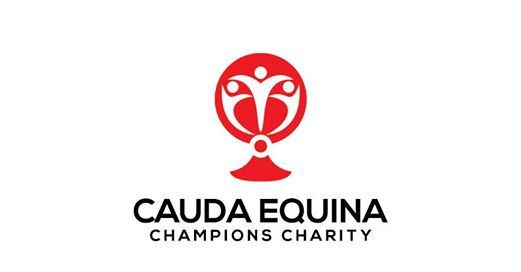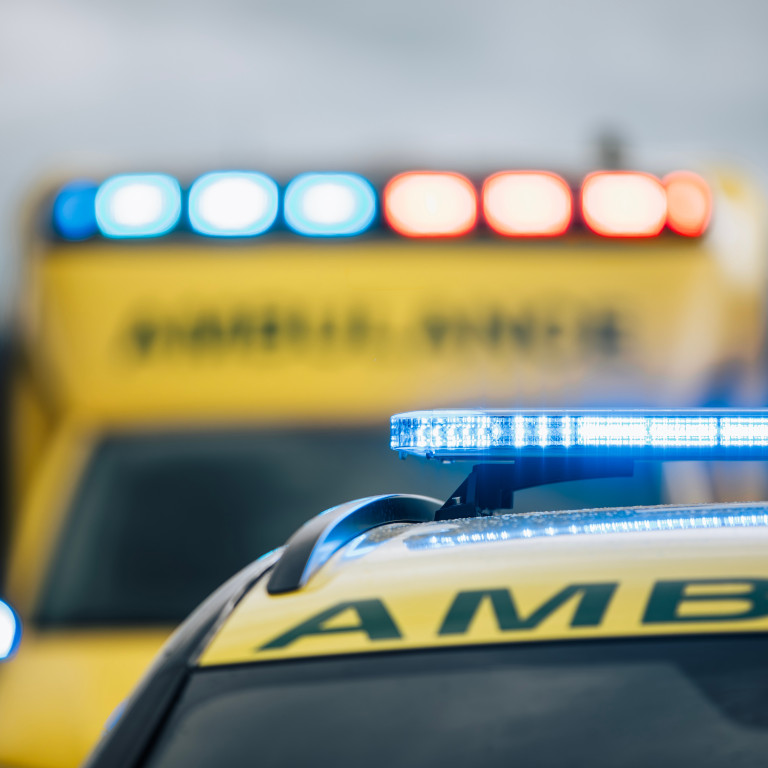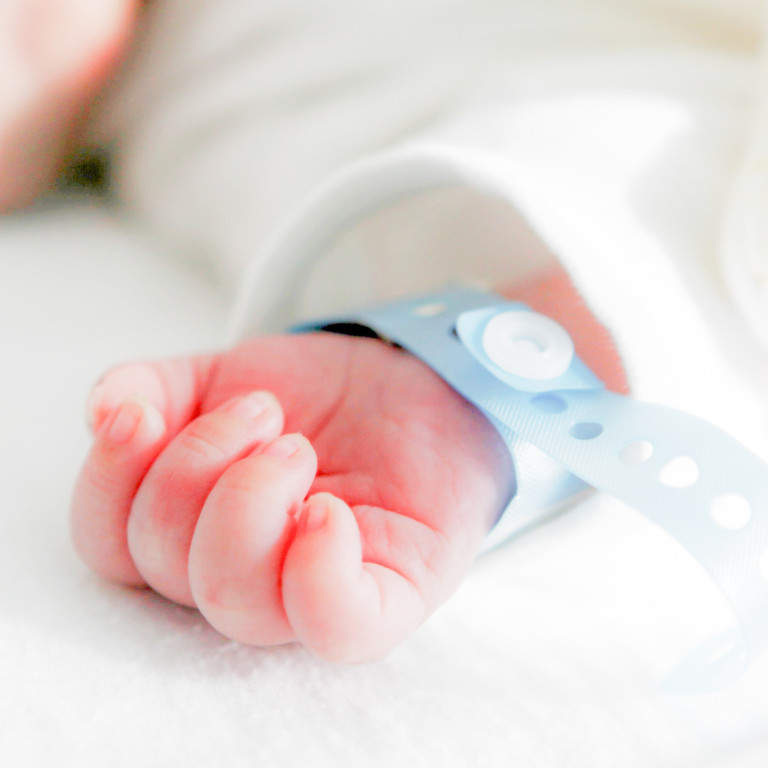Martin had a long-standing history of mechanical back pain which troubled him from time to time. However, he was an otherwise fit and healthy man in his 30s who did a manual job and lived a moderately active life. However, his back pain suddenly worsened one day after doing exercise when he experienced severe, searing pain in his lower back just above his buttocks, particularly on the one side.
The pain improved slowly over the following weeks but Martin was left with a persisting dull ache in his lower back. He visited his GP who prescribed rest and painkillers. Things did not improve, in fact the pain intensified which led to another visit to the GP and stronger pain killers being prescribed.
However, the following day Martin began to experience a paraesthesia (pins and needles) sensation in his genital area and an increasing need to urinate. This worsened, and he noticed that he was also experiencing some leakage. Having called NHS Direct he was advised to attend the Out of Hours doctor.
The doctor examined him and confirmed some loss of sensation and tone in the saddle area and suspected a prolapsed disc. Martin was sent to the A&E department of the local hospital for an urgent MRI scan. At the hospital, an X-ray confirmed a loss of disc height, and cauda equina syndrome was suspected. By this time Martin had experienced some incontinence and was finding it difficult to urinate and to tell if his bladder was full. However, it was decided to delay an MRI until the following morning.
When the MRI was undertaken the next day it confirmed a large central disc prolapse and compression of the cauda equina. Martin was transferred to a specialist hospital for microdiscectomy. The operation was a success however when Martin recovered, he discovered he had lost sensation permanently, compression of the cauda equina having caused permanent neurological damage.
Martin has bladder dysfunction so is unable to fully empty his bladder and has accidents, and suffers leakage. He has to catheterise periodically. He has difficulty emptying his rectum as sphincter tone is affected and he suffers constipation.
Martyn has a dropped foot and reduced sensation down one leg and weakness which causes the leg to give way. He also has pain, spasms, and cramps in the leg and foot and experiences extreme fatigue. Sexual function is also impaired which has affected his intimate relationship with his partner. Martin received very little by way of NHS rehabilitation and managed his own condition as best he could.
Martin made a complaint to the NHS about his medical treatment and contacted Tozers to ask for legal advice.
A Claim was brought against the two hospitals responsible for his medical care and they admitted that his treatment was unnecessarily delayed by 24 hours, in part due to the delay in undergoing an MRI scan. The extent of the damage caused was disputed with the hospitals arguing that some ongoing symptoms were unavoidable even if surgery had taken place sooner.
Tozers obtained expert evidence and submitted a claim for damages to ensure that Martin would be able to access the rehabilitation and medical treatment he needed and the aids, equipment, and care that would enable him to live as normal and fulfilling a life as possible.
The Defendants initial denial responsibility for the claim and rebutted efforts made to resolve matters on an informal basis. The claim therefore had to be issued in Court. However after the exchange of key evidence the Defendant entered into negotiations and eventually agreed to make a 6 figure damages payment, however without formally admitting they were responsible for the full extent of Martin’s symptoms.
To support the the Cauda Equina Syndrome Champions Charity Tozers are running a series of articles and videos to raise awareness of this devastating condition.
We have over 25 years’ experience in bringing clinical negligence claims for compensation on behalf of Claimant’s with Cauda Equina Syndrome. We have developed a wealth of knowledge in relation to this condition.
For further advice please contact our specialists on 01392 207 020 at enquiries@tozers.co.uk or on our webiste.







